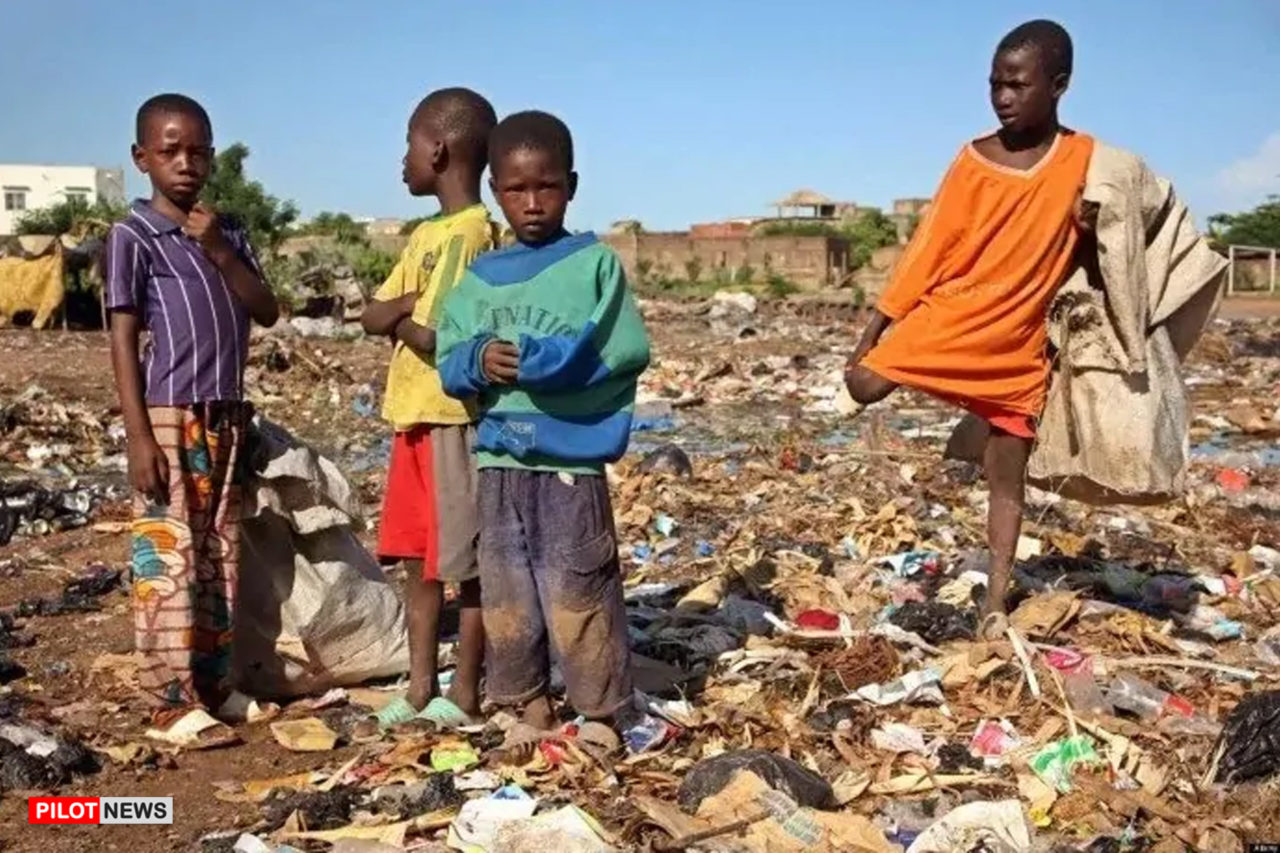News
UNICEF Appeals For Increased Budgetary Allocation To Curb Nigeria Child Poverty

From Paul Orude Bauchi
The United Nations Children’s Fund (UNICEF), has advocated for increased budgetary allocation for children-focused interventions to curb the rising incidence of child poverty in Nigeria.
Dr. Yusuf Auta, UNICEF Social Policy Specialist, Bauchi Field Office, gave the advice at a Media Dialogue organized for media practitioners from the BFO office in Adamawa, Bauchi and Gombe States.
Speaking during a presentation with theme, “Addressing child Poverty in Bauchi, Gombe and Adamawa States,” at the Evolution hotel, Gombe, Auta stressed on the need for governments at all levels to increase budgetary allocation to address child-related issues.
Auta said statistics revealed that children constitute the majority of the population in most states of the federation, hence their needs should be prioritized.
According to him, a child experiences poverty when he or she lacks access to basic consumption needs such as nutrition, shelter, education, healthcare, sanitation amongst others.
Citing a 2022 Population Projection, Auta revealed that Adamawa State has a population of 4.9 million people with children population aged 0-17 estimated at 2.4 million.
He disclosed that Bauchi, with an estimated population of 8.3 million, has 4.7 population of children 0-17, more than 50 percent of the total population, while Gombe State, with a population of 3.9 million people, has 2.1 million population of children between 0-17 years.
“You can now see that children are the bedrock of any sustainable society, but if this segment of the population is deprived of their rights to education, water, sanitation, nutrition, health and protection, then there is a problem as this in turn as a negative impact on the development of the nation” he said
“The 2022 Multiple Indicator Cluster Survey (MICS) states that 73 million children in Nigeria representing 71.9 percent were multi-dimensionally poor in 2016/2017 while 64 million children representing 60.6 percent were multi-dimensionally poor in 2021. 47.7 percent children in Nigeria experienced monetary poverty, that is, those who live in households surviving on N376.5 per day in 2019”
He said from the report, extreme poverty rate is expected to have increased in 2023 with an estimated 84 million Nigerians living below $1.9, the world largest poorest population after India.
Speaking on the effects of child Poverty on socio-economic development in Nigeria, a lecturer with Department of Economic and Development Studies, Federal University of Kashere, Dr Ali Madina Dankumo argued that child Poverty contributes to social unrest and crime rates.
Dankumo argued that individuals may turn to illegal activities as a means of survival as a result of poverty, which in turn undermines social cohesion and stability that impedes socio-economic development.
“Since children are the future workforce and leaders of a nation, failing to address child Poverty deprives the country of the potential contributions of its youths, limiting overall capital development and innovation” he said
The University Don called on media organizations to hold governments and policy makers accountable on their commitments to addressing child poverty by exposing corruption, inefficiency and lack of transparency in the implementation of poverty reduction policies, putting pressure on authorities to take action.
-
News5 days ago
Bauchi at 50: Population Hits 9.5 million, Poised for Economic Transformation
-
News4 days ago
NEDC Boosts Campus Safety, Water Supply as FG Commissions Projects at ATBU Bauchi
-
Education7 days ago
Universities Must Lead Peacebuilding Efforts” -SAZU VC Tasks Youth at Peace Workshop
-
News3 days ago
NEDC Rehabilitates Tafawa Balewa Tomb to preserve Legacies
-
News5 days ago
Bauchi At 50: Bala Cuts Out-Of-School Children by Over 800,000 In 6 Years
-
News18 hours ago
NEDC Approves Full Medical Support for Journalists Injured in Bauchi Road Crash
-
News3 days ago
Bauchi Governor Commends NEDC, Assures of Continued Partnership
-
News2 days ago
14 Journalists Involved in road accident In Bauchi